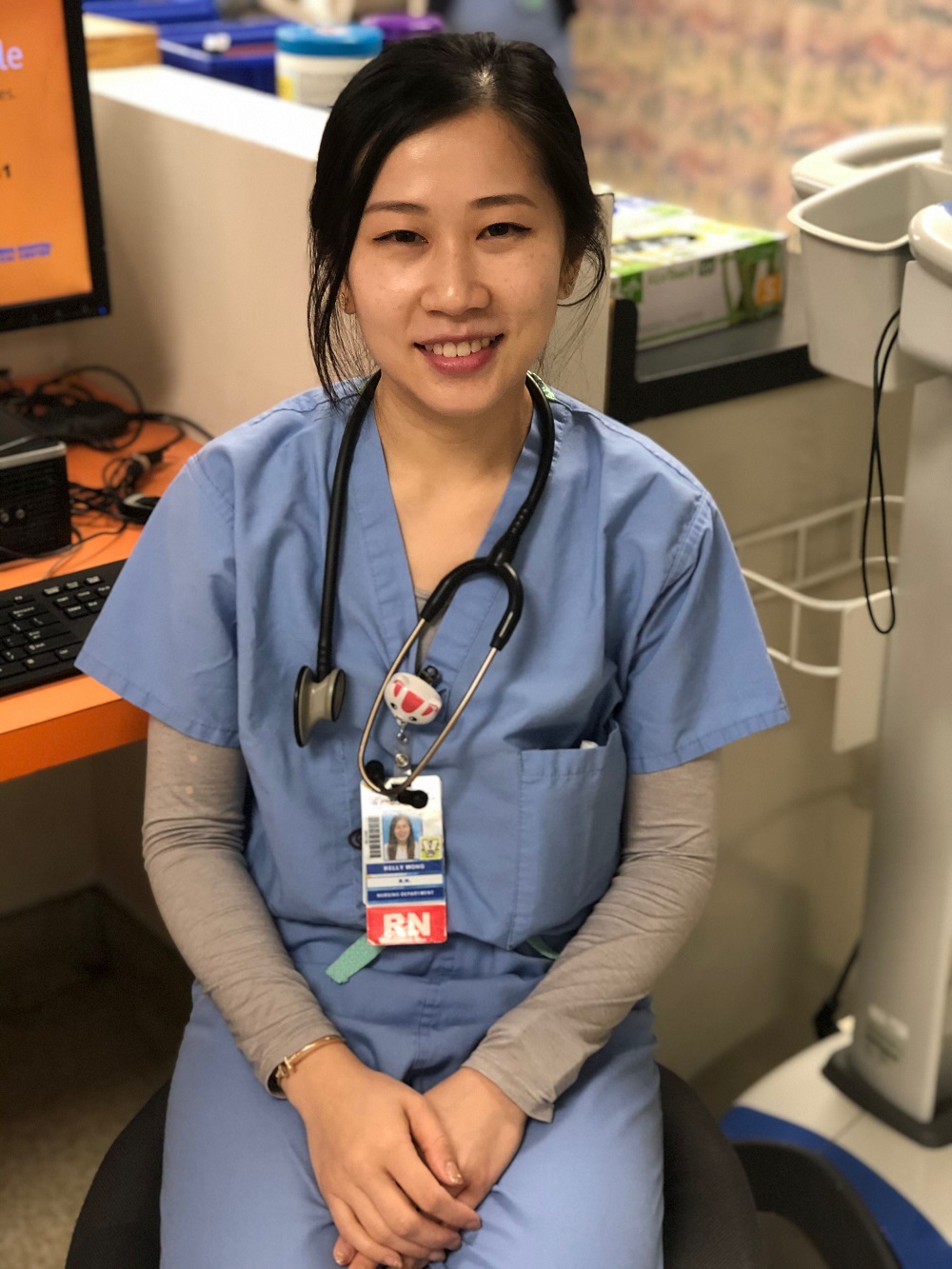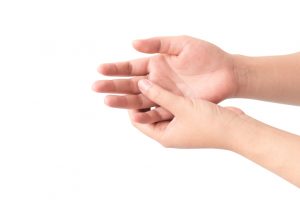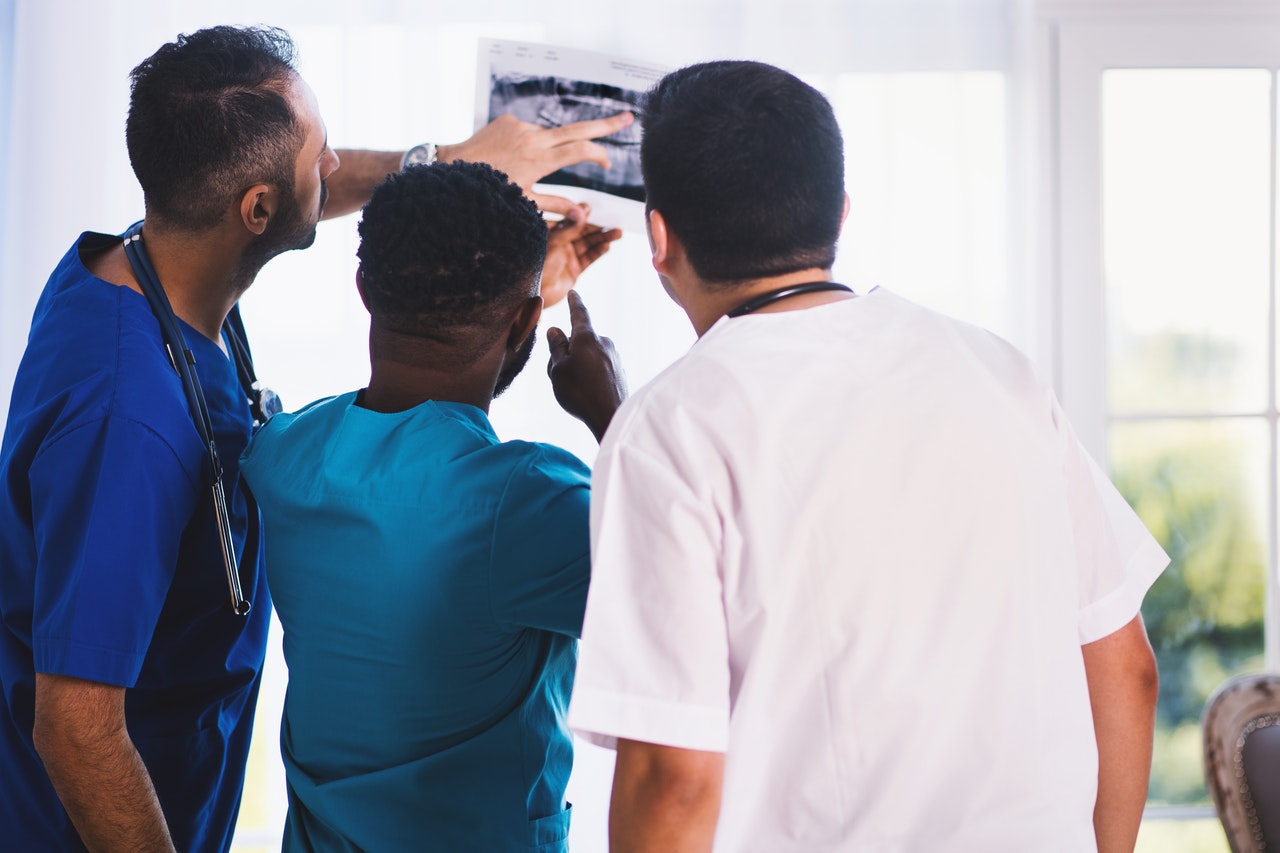Our nurses are the pillars of our community. In addition to meeting the demands of being a caregiver, they wear several hats including that of an educator, nurturer, and comforter.
Not only do nurses care for patients; they provide support to families and loved ones during difficult times.
Our nurses pour their hearts into all aspects of their job, and this is one of the many reasons we celebrate their accomplishments.
Join us in congratulating Kelly Wong, RN for receiving Flushing Hospital Medical Center’s Nurse of the Month.
Meet Kelly:
Q&A:
 Q: How long have you been working for FHMC? A: I have been working at Flushing Hospital for almost four years.
Q: How long have you been working for FHMC? A: I have been working at Flushing Hospital for almost four years.
Q: On which unit do you currently work? A: The Post Anesthesia Care Unit (PACU)
Q: Why did you want to become a nurse? A: Nursing is a profession that is filled with passion, kindness and respect. My father always taught me, life is not only about money and possessions, but to have a kind heart and be a positive influence in society. I dedicate this to him because he is the reason I became a nurse. He taught me that it’s never wrong to help someone in need, there is no such thing as doing too many good deeds. When a patient and their family are going through their toughest times and obstacles in life, nurses are at the front line. To me, this is not only a job but a way to make a difference in people’s lives.
Q: What is the best part of your job? A: Knowing that I can make a difference and be there for patients when they need it the most. Being able to bring a sense of peace and comfort during difficult times. I love to hear stories from my patients and families. I can’t imagine doing anything else. When I go home each day, I feel accomplished knowing I did as much as I could for my patients and their families. It is truly an amazing profession.
All content of this newsletter is intended for general information purposes only and is not intended or implied to be a substitute for professional medical advice, diagnosis or treatment. Please consult a medical professional before adopting any of the suggestions on this page. You must never disregard professional medical advice or delay seeking medical treatment based upon any content of this newsletter. PROMPTLY CONSULT YOUR PHYSICIAN OR CALL 911 IF YOU BELIEVE YOU HAVE A MEDICAL EMERGENCY.









